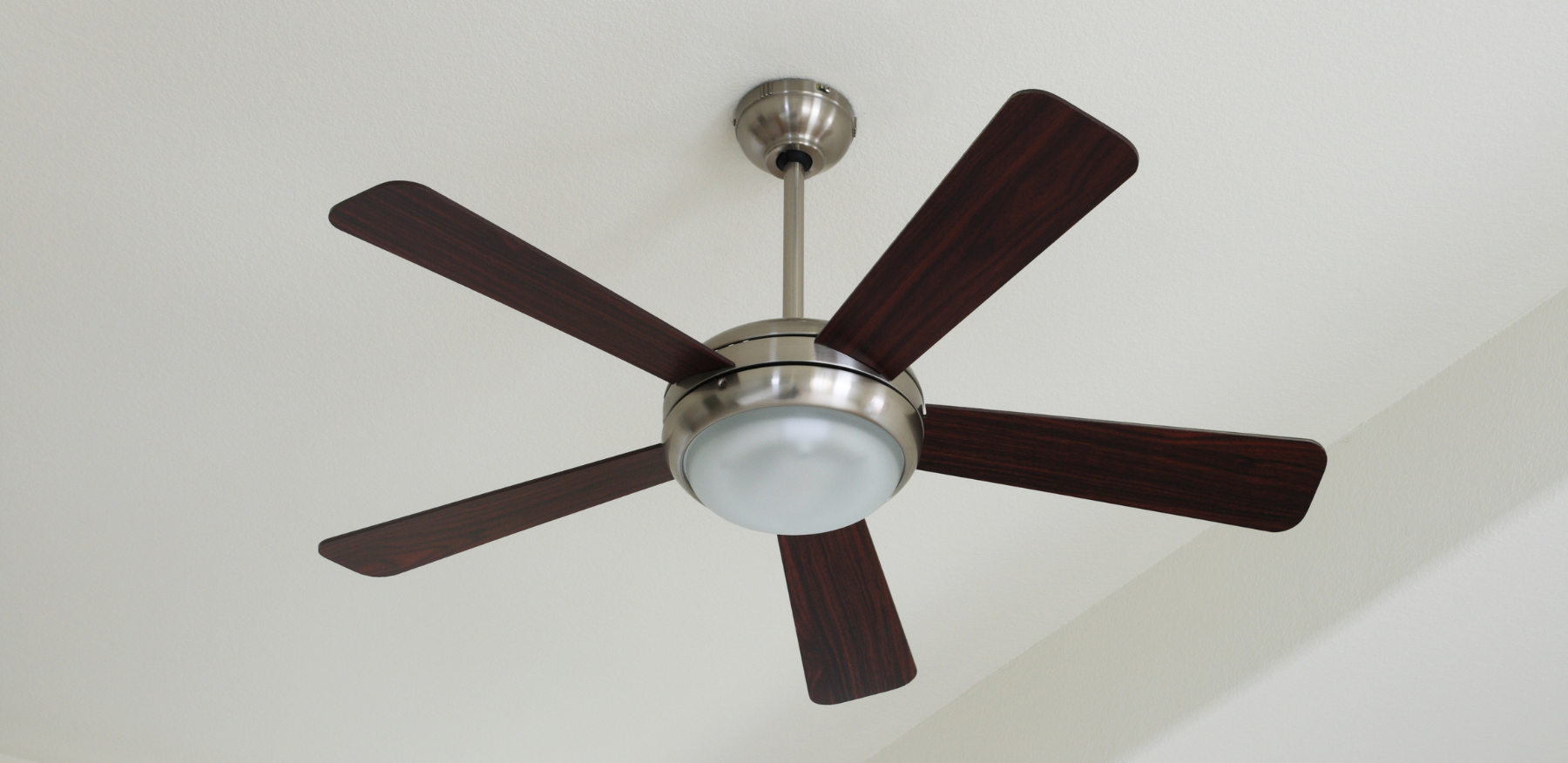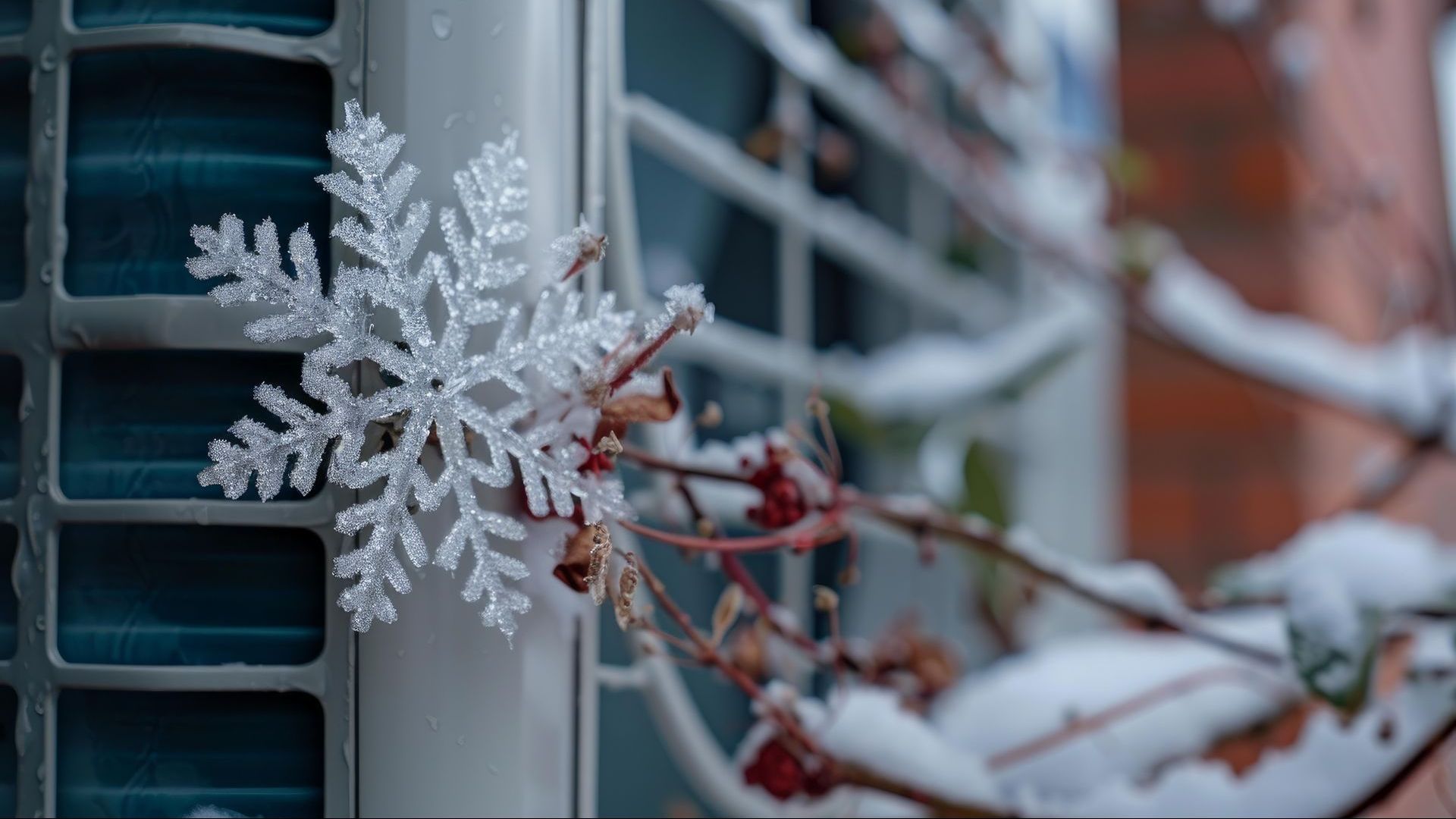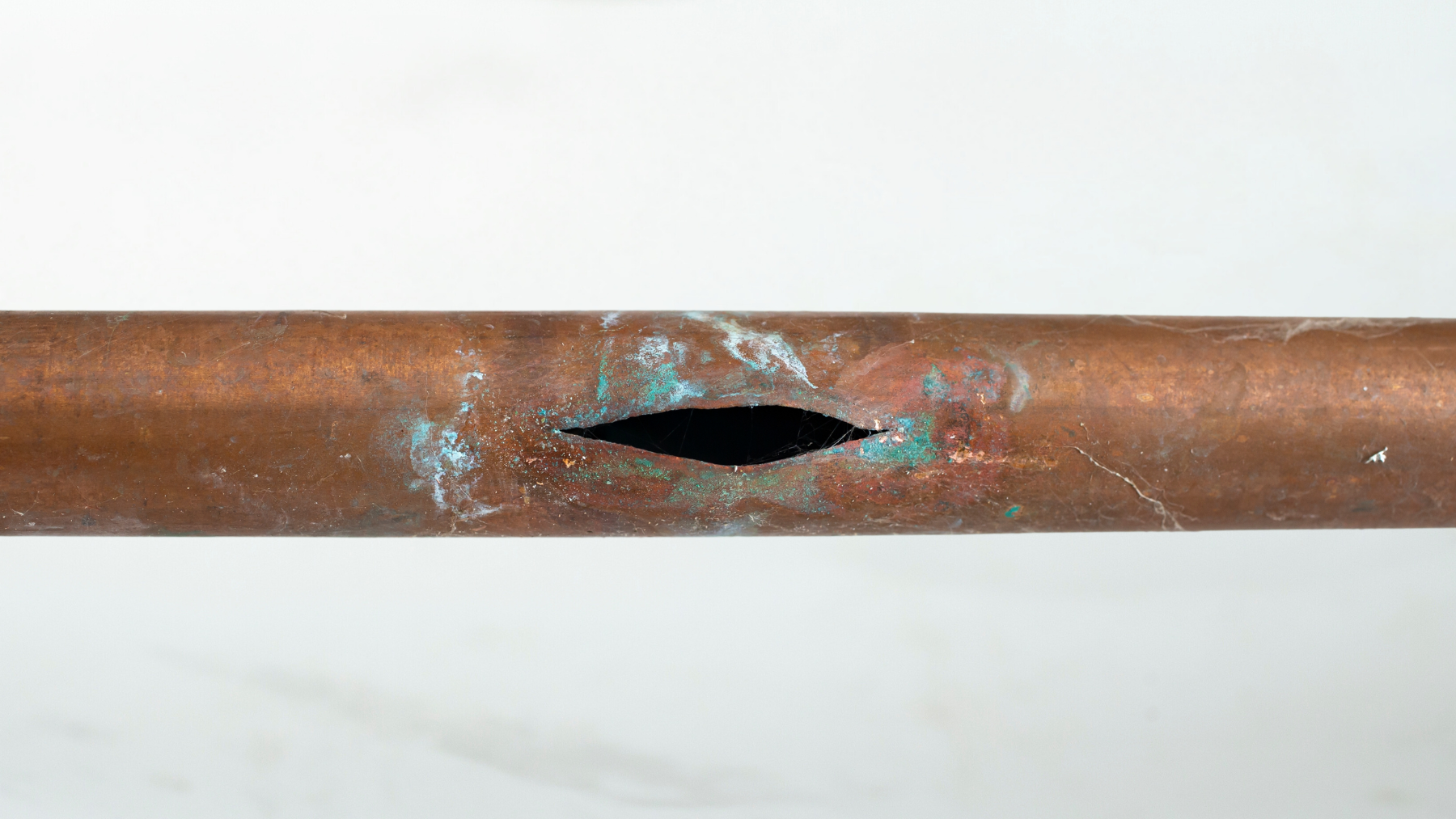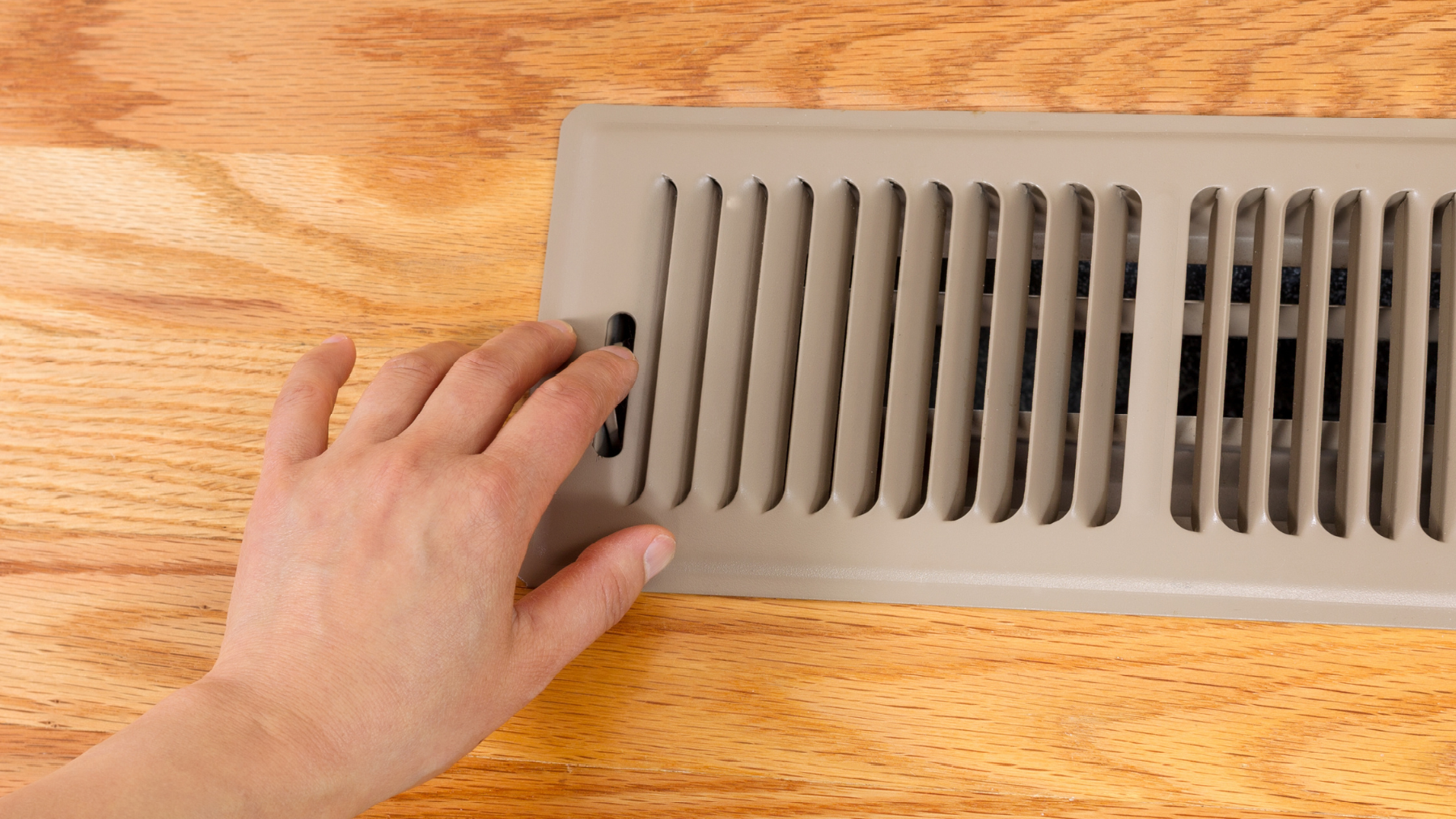December 13, 2024
As we enter the chill of winter, it’s essential to check that your heating system is functioning effectively. Not only does this provide warmth for your home or business, but it also helps shield your pipes from freezing. Managing Frozen Pipes and Safeguarding Your HVAC System During Winter In the colder months, one frequent issue homeowners encounter is pipes freezing. While the potential damage to plumbing is often top of mind, the implications for your HVAC system are sometimes overlooked. When pipes freeze or burst, they can cause water leaks, obstruct airflow, and lead to costly repairs to your heating system. Fortunately, taking proactive measures can help you avoid these complications before they arise. Why Frozen Pipes Are a Concern for Your HVAC System Frozen pipes can disrupt your HVAC system in various ways. When water freezes inside the pipes, it can create blockages or even lead to bursts, resulting in leaks that can harm your furnace or air handler. Additionally, some HVAC systems function on a closed-loop principle involving water or refrigerant, meaning that any plumbing complications might hinder your system’s performance and efficiency. Strategies to Prevent Pipe Freezing in Your Home To keep your pipes and HVAC system safe during winter, consider the following preventive actions: Insulate Exposed Pipes: Pipes situated in unheated spaces like basements, attics, or crawlspaces are more susceptible to freezing. Use insulation to help maintain a consistent temperature around them. Keep the Heat Running: If you plan to be away from home for any length of time, set your thermostat to a minimum of 55°F to prevent drastic indoor temperature drops that could lead to frozen pipes. Open Under-Sink Cabinets: On particularly cold nights, open the cabinet doors beneath sinks, especially in kitchens and bathrooms that are located against exterior walls. This allows warmer air from the room to circulate around the pipes, lowering the risk of freezing. Drip Your Faucets: In areas prone to freezing, allowing a slight drip from a faucet can help keep the water flowing through the pipes, reducing the likelihood of freezing. Seal Cracks Around Windows and Doors: Cold air can infiltrate through gaps and cracks, chilling your living space and plumbing. Sealing these openings helps maintain a stable indoor temperature and relieves pressure on your HVAC system. Steps to Take if Your Pipes Freeze If you suspect your pipes have frozen, stay calm and take the following actions: Shut Off the Water Supply: If you notice reduced water pressure or strange sounds, immediately turn off the main water supply to prevent further damage. Apply Heat with Care: Use a hairdryer or space heater to gently warm the frozen pipes. Start from the faucet and gradually move toward the frozen section. Contact a Professional: If you’re unable to safely thaw pipes or observe any cracks, it’s wise to call a professional plumber or HVAC technician, if the frozen area if affecting your HVAC system, right away. They can diagnose the issue and ensure your system is back in working order. B. Dumont Heating and Air is here to help you with any heating related issues this winter! Don't hesitate to reach out to our team to schedule inspection, maintenance, or repairs today.





